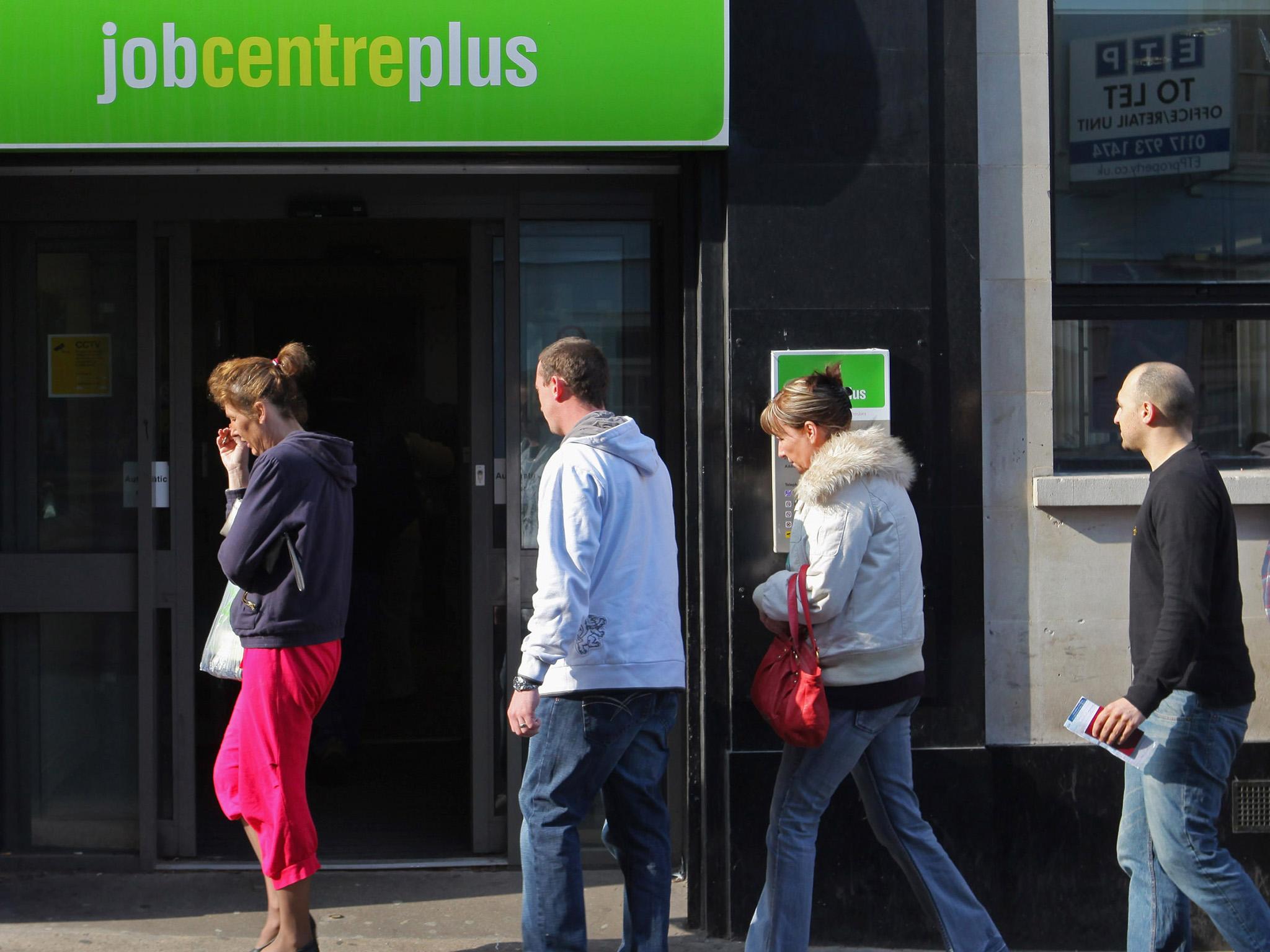Brexit latest: More signs of cooling in jobs market in November
Employment fell by 9,000 to just over 31.8 million in the three months to November – the second successive report of a decline

The numbers in employment slipped for a second successive month in the quarter to November in a tentative sign of the labour market slowing in the wake of last June's Brexit vote.
The workforce fell by 9,000 to just over 31.8 million according to the Office for National Statistics.
This followed a 6,000 reported fall last month.
In further signs of a slowdown, vacancies were also flat and the numbers classed as inactive rose by 85,000 in the September to November period.
Growth slowing down
However, unemployment fell 52,000 over the quarter to 1.6 million, leaving the headline rate at 4.8 per cent.
And the more timely claimant count figures for December fell 10,000.
Average total pay including bonuses, according to the ONS, rose by around 2.8 per cent year on year, in line with City expectations.
“The previously booming UK labour market continues to show signs of cooling in the aftermath of the Brexit vote,” said John Hawksworth of PwC.
Gerwyn Davies of the CIPD, a professional body for human resources firms, said that the “abrupt slowing” of employment growth combined with the high number of vacancies suggested employers may be facing difficulty finding suitable candidates.
Economists predicted a further slowdown in the overall market.
“The labour market has been helped by the economy’s resilience so far since June’s Brexit vote, but 2017 is likely to prove increasingly difficult for the economy and the jobs market,” said Howard Archer of IHS Global Insight.
The economy is reckoned by the ONS to have grown by 0.6 per cent in the third quarter of last year, in the immediate wake of the Brexit vote.
But most forecasters expect growth to slowdown considerably in 2017 as inflation bites into household consumption and business hold back on investment due to uncertainty about the Brexit process.
There was also scepticism that wages would continue to strengthen this year and prompt a rate hike from the Bank of England.
“Wage gains will have to sustainably exceed 3 per cent for the MPC [Monetary Policy Committee] to judge that they threaten to prevent inflation from returning to its 2 per cent target after its coming surge,” said Samuel Tombs of Pantheon.
Subscribe to Independent Premium to bookmark this article
Want to bookmark your favourite articles and stories to read or reference later? Start your Independent Premium subscription today.

Join our commenting forum
Join thought-provoking conversations, follow other Independent readers and see their replies